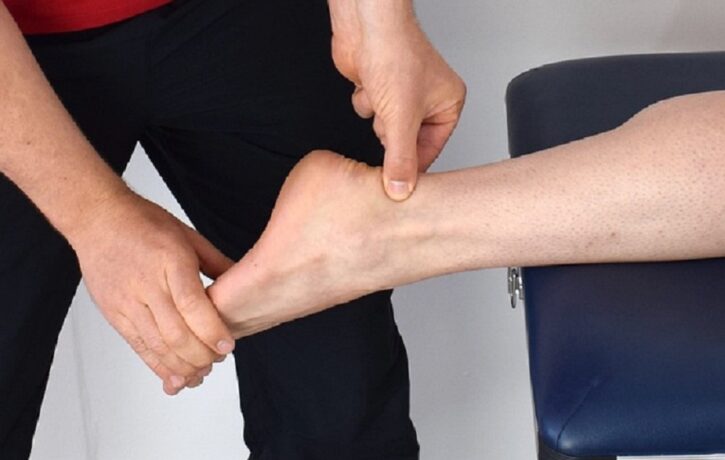Achilles Tendinopathy

With Summer approaching and running season upon us it seems appropriate to discuss Achilles issues and pain as research suggests that it can potentially affect up to 50% of runners.
Heel pain can significantly disrupt our lives and even more so in runners if they are unable to partake in their chosen activity. This is an activity that is incredibly beneficial for general health, not only the physical benefits to our cardiovascular system, muscles and joints but also to the mental health of those individuals who love it. When unable to do what we love, I’m sure we can all appreciate how disheartening it is even if running is not your thing.
We mustn’t forget that non-runners can also develop Achilles tendon pain and this will have a negative impact on their activity levels; so it is incredibly important to get the right advice on not only how to rehabilitate the issue but also how to manage the pain while it is sensitive.
Let me assure everyone that in 99.99% of cases, it is not harmful to move on a painful heel. Apart from in a minority of cases the pain is not due to tearing or weakness in the Achilles or calf and is purely down to sensitivity caused by tissue adaptations during our normal, or sudden changes to, activity levels. The fact that such a high percentage of runners have reported incidences of heel pain, there has to be something to do with the loading patterns of running and similar activities.
Basketball players are also quite susceptible to Achilles pain, and ultrasound studies that look at the structural changes to the Achilles of basketball players have identified that such tissue adaptations occur in 1005 of those scanned yet only 20% of those players reported pain.
What does this tell us?
Researchers have determined that it is safe to play sports and go about our normal activities without risking injury. It is more about managing the pain so that lifestyle is disrupted as little as possible. Activity modification is one way to manage pain. More rest days in between, educating sufferers about how much pain is reasonable when active and rehabilitation ideas to build confidence and strength if there are signs of muscle weakness.
If you are struggling with heel pain that is negatively impacting your quality of life and reducing your activity levels then please get in touch for a session to determine the best rehabilitation and discuss concerns and hopefully ways to alleviate those concerns and start you on the road to recovery.
Contact The Body Matters team on 01702 714968.
This article was written by Matthew Oliver M.OST DO ND. Osteopath.
- How Stress Lives in the Body (and What Helps) - 28th January 2026
- Understanding Amnanda: A Gentle Path Back to Balance - 19th December 2025
- How Amnanda Can Help with Headaches - 27th November 2025
